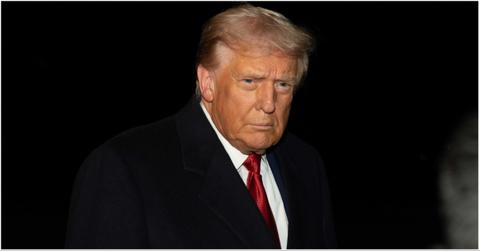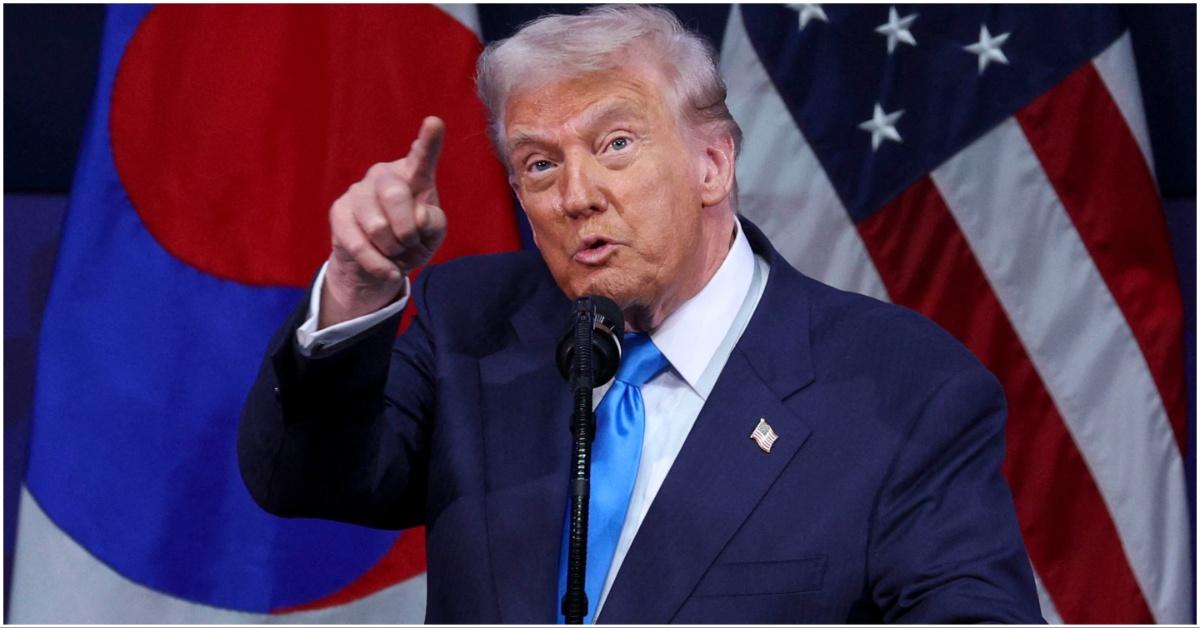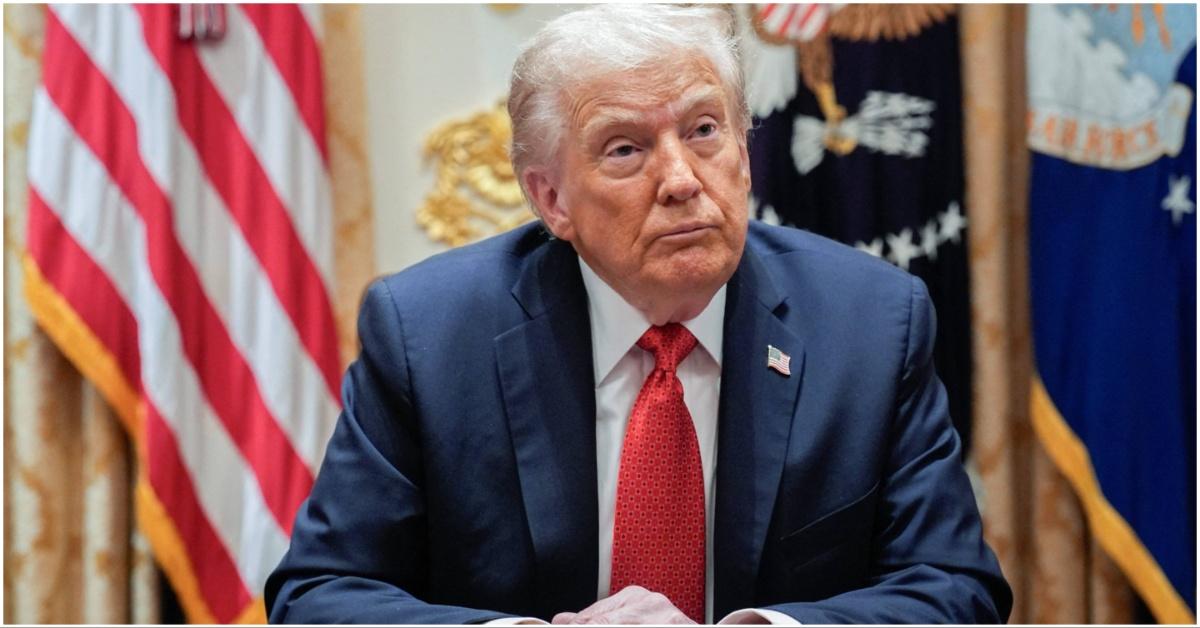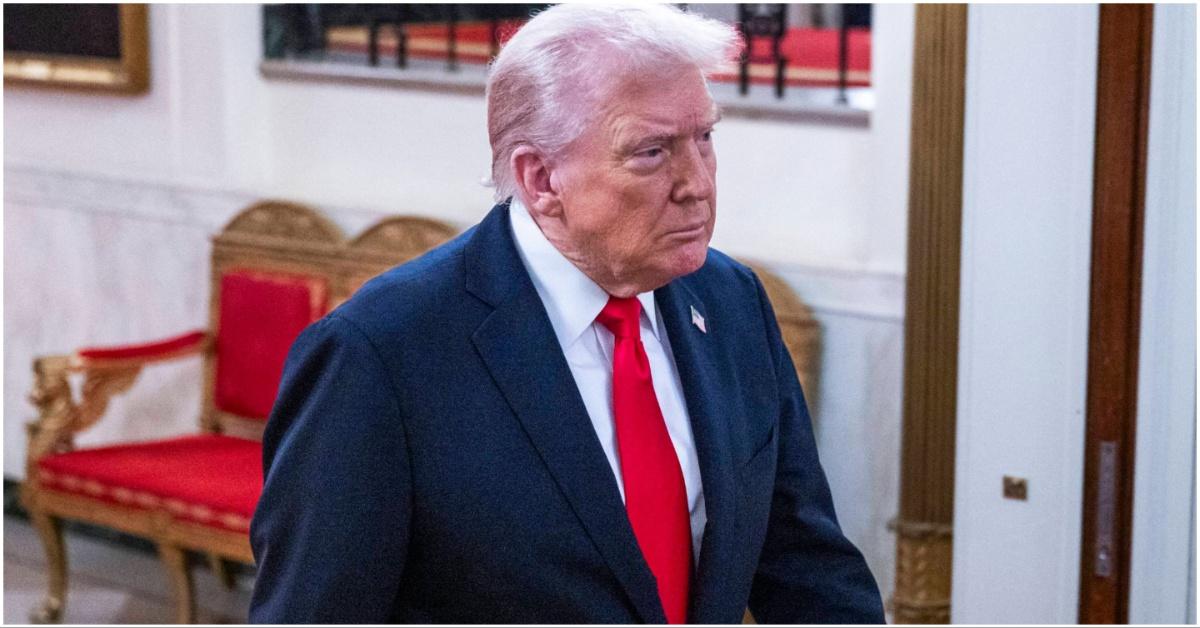Trump’s History on Cannabis Comes Full Circle and Suggests He Is Changing Marijuana Laws
“It’s a very complicated subject," Trump said.
Updated Nov. 8 2025, 11:35 a.m. ET

Prior to his second term in office, the idea of President Donald Trump leading the charge on marijuana reform would’ve sounded far-fetched. This was the president whose administration actively pushed back against cannabis-friendly policies, not one who embraced them. But now? Something’s different.
President Trump’s views on marijuana evolved. And it’s not just campaign talk — it’s a policy-level conversation. So, is Trump changing marijuana laws? Or is this another political pivot with no follow-through?

Is President Trump changing marijuana laws, or simply playing both sides?
President Trump’s history with marijuana reform has never been simple. On the campaign trail, according to C-SPAN, he dismissed Colorado’s legalization efforts as a “bad experiment.”
Once in office, per the Chicago Tribune, his Department of Justice rescinded the Cole Memo, an Obama-era policy that told federal prosecutors to leave state-legal cannabis businesses alone.
He also floated a budget that could’ve removed protections for medical marijuana programs.
Here’s the twist: during his first term, President Trump expressed consistent support for medical marijuana. In one early interview via MMP.org, he said, “I’m in favor of it 100 percent.” In 2018, he signed the Farm Bill, legalizing certain hemp-derived products for the first time.
While campaigning for re-election, President Trump voiced support for rescheduling marijuana under federal law. That would mean shifting cannabis from Schedule I (alongside heroin and LSD) to Schedule III, which includes substances like ketamine and testosterone.
“It’s a very complicated subject,” he said in an interview, per The Guardian, “but I’ve heard great things having to do with medical” marijuana. That shift — if it happens — would be one of the biggest federal marijuana moves in decades.
Is he actually changing marijuana laws or just reclassifying cannabis?
Let’s clear this up: rescheduling marijuana wouldn’t legalize it nationwide. You still couldn’t walk into a dispensary in every state under federal protection. It would, however, change a few major things.

For starters, Schedule III classification recognizes medical value, something Schedule I does not. That shift would make cannabis research easier, lower penalties for possession, and allow cannabis businesses to finally deduct standard expenses — something they currently can’t do under IRS rules.
Still, this wouldn’t solve everything. Banking access would remain limited, federal and state laws would still clash, and opposition is alive and well. Even so, the movement toward reform is gaining traction.
So, is he changing marijuana laws or just talking about it?
Here’s the reality: President Trump has not officially changed marijuana’s classification. In late August 2025, per PBS, he said a decision would be coming “within weeks,” but that timeline has come and gone. So far, it’s all still talk.
And honestly? That’s not unusual.

President Trump has a history of making big promises that don’t always lead to big results, especially around election season. And he’s not alone.
President Joe Biden campaigned on decriminalizing marijuana, expunging records, and supporting medical access — but by the end of his term, many of those promises remained unfulfilled, per Politifact.
In other words, presidential talk about cannabis reform is common — but actual change? Not so much.
President Trump did nudge the conversation in a new direction. Unless he follows through with policy, however, this could just be another chapter in a long history of political leaders saying all the right things — and stopping short of doing them.